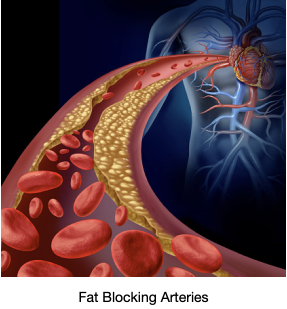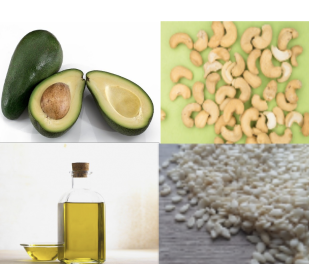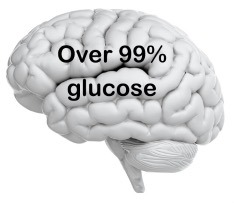Tomorrowhealthcare@runbox.com
Vegan Eating Against Diseases


If your vegan diet is not tuned, you will end up with the same diseases as meat eaters.
Cancer
Neurological problems
Blocked arteries
Heart problems
High Blood Pressure
Stroke
Fatty liver
etc...
The above are unfortunately common.
The biggest problems for new and experienced vegan eaters are fat consumption and food specially made for vegans (i.e. vegan cheese).
The vegan source of fat
Vegans can eat many seeds, nuts, avocados, beans, coconut milk, coconut cream, coconut butter, vegetable oils (fries, salads), etc... These are good fats, but if you overeat them they can cause difficulties, as mentioned earlier.
Vegan eating can be a very healing diet for those who choose to follow it. However, it's important for vegan eaters to have guidelines and support before embarking on this journey. With the right information and resources, vegan eaters can ensure that they are meeting their nutritional needs and staying healthy while following a plant-based diet.
Finding a balance of fruits, vegetables, whole grains, and plant-based proteins can help vegan eaters thrive and feel their best. Additionally, it's important for vegan eaters to educate themselves on potential sources of essential nutrients such as iron, calcium, and vitamin B12 in order to prevent any deficiencies.
Our book on "Avoid Vegan Diet pitfalls" (below) gives the right guidance and understanding to those who wish to benefit fully from this very healthy diet.
The problems with fat
● Too much fat in your diet thickens your blood, and your brain cannot get the oxygen it needs.
● Your adrenals step in and release adrenaline (epinephrine) in your blood when this happens.
● Adrenaline is caustic to all organs, and your liver has to step in to mop up the spill. This will tire your busy liver and weaken it.
● A tired liver will eventually not produce enough bile to digest... fat, and the problem will worsen.


Eventually, you will have fat deposits in your arteries and your heart. The fat build-up will be a magnet to toxins such as toxic heavy metals, plastics, pharmaceuticals, pesticides, herbicides, etc...
A small amount of fat in your brain interacts with the toxic heavy metals and causes corrosion. In the long term, this may trigger Alzheimer, Dementia, depression, memory loss, or other neurological problems.
Good fat, but too much can be bad
See the story below
The wrong vegan food
French fries, some vegan cheeses, soda pop, dark chocolate, etc., might all be vegan, but that hardly qualifies them as healthy.
Vegans often consume highly processed foods containing poor quality oil, sugar, vinegar, flour (gluten), too much salt, traces of pesticides, colouring, flavouring, MSG, GMOs, etc.
You cannot expect to be healthy on such a vegan diet if you eat the above.
HBP - A short story
I had an Israeli doctor visit me back in 2017. He was a highly qualified physician in charge of a group of 30 doctors in Tel Aviv. During one of our conversations, he mentioned that he was a vegan practitioner and could not understand why he had high blood pressure.
I questioned his diet and discovered that he was rather fond of the following:


Avocados
Oil for sautés
Oil for salad dressing
Nuts and seeds
Peanut butter
Coconut milk and cream
Beans such as chickpeas, lentils, etc...
I told him that this was the cause of his problem. He was afraid that he would not get enough protein if he did not eat some "good fat". I told him 😇 that all vegetables and fruits contain easily absorbable fat and that he would be fine cutting down.
Amazingly enough, he did. A few months later, when I spoke to him, he confirmed that his blood pressure was under control.
Your Body runs on Glucose


Your whole body runs on glucose, not fat. Your brain, liver, and other organs need glucose to function correctly, so don't worry about not eating enough fat.
If you dissect a person's brain, you will see that no more than 0.1% is fat.
If you've ever eaten the brain of a ship, bovine, or monkey, you will know it has a sweet taste due to the glucose.